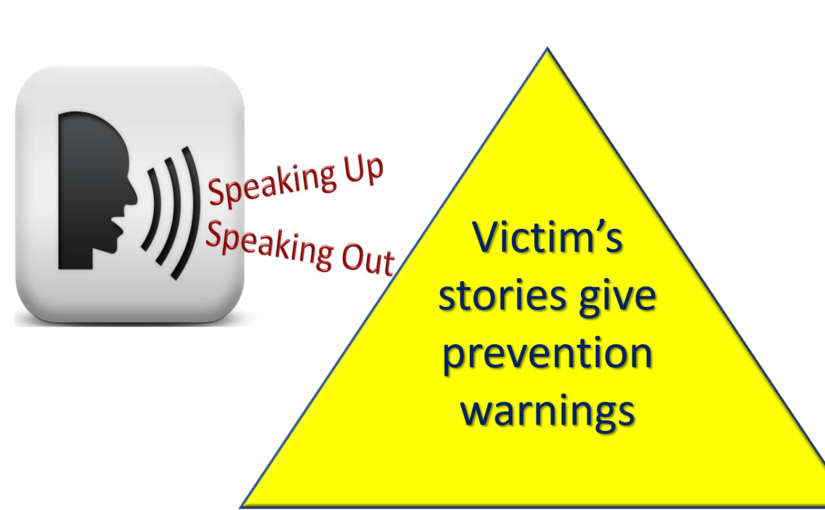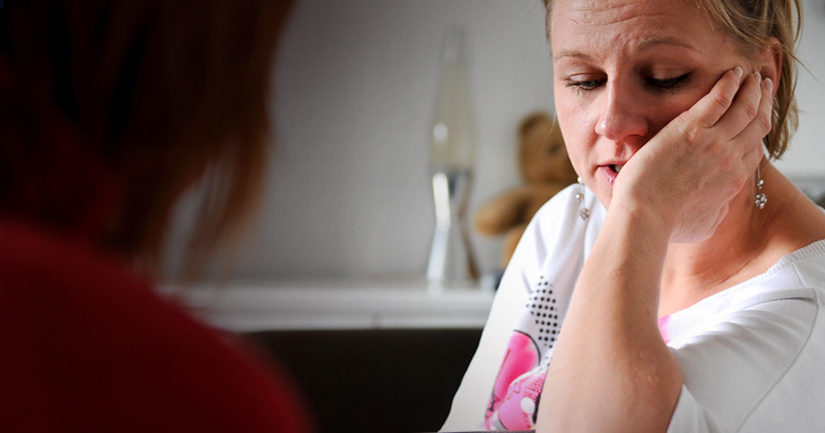I woke up with an insight the other night. I was part of a group brainstorming with Consumer Affairs Victoria. They want to do something about romance scams and were looking at intervention points. The insight I had is that one of the biggest resources for prevention messages is scam victims, yet it is virtually untapped. I’ve been saying for some time that more needs to be done for romance scam victims. There is currently very little done for or with them. Yet they have great stories to tell.
They are encouraged to report their scam to ScamWatch or ACORN, and they might get an automated response back with no identifying name, but to the victim, there is very little indication of anything else happening. They are left alone to deal with the grief, the shame, and the often devastating financial circumstances. They suffer through depression, low self esteem, lack of self worth, as well as sometimes suicidal thoughts and actions. I know this from personal experience, and from the many contacts I have with victims who tell me this, saying they are still in this state even many years after they have been scammed. Continue reading Victim stories as a prevention strategy



